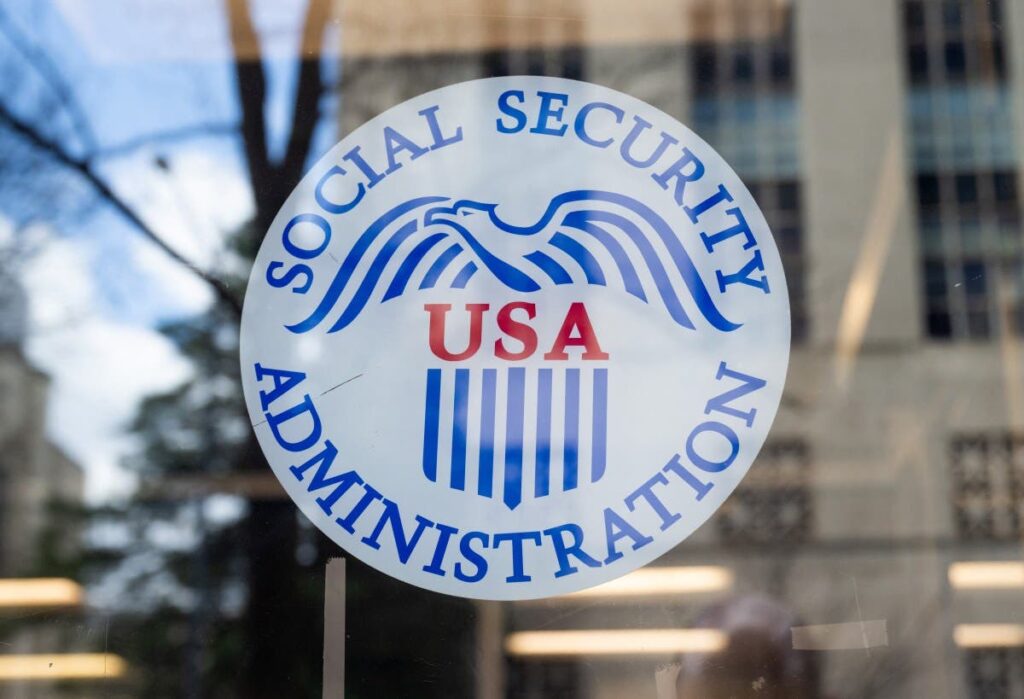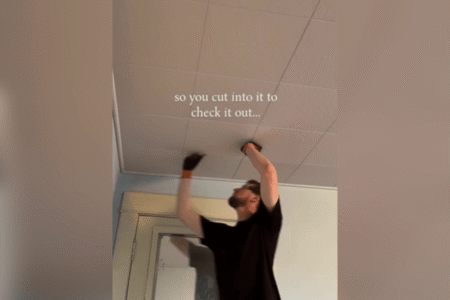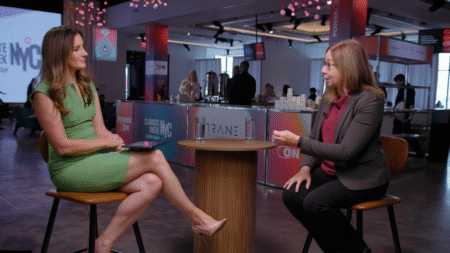The Social Security Administration (SSA) has issued a new reminder about a major update that will begin affecting more than half a million beneficiaries in a matter of days.
After September 30, Social Security recipients will no longer be able to receive their benefits via check. Instead, they’ll need to switch to direct deposit or gain the benefits on a payment debit card.
Why It Matters
Around 70 million people rely on Social Security payments each month, including millions of retired workers, Americans with disabilities and survivors of deceased workers.
The Trump administration has enforced several changes to the SSA, including cutting approximately 7,000 positions within the agency and closing some physical offices.
What To Know
The SSA once again alerted beneficiaries to the change on Friday morning. “All federal benefit payments will soon be issued electronically! If you’re still receiving paper checks, make the switch today,” the agency posted on X.
“Create an online my Social Security account to personally manage your payments before September 30: ssa.gov/myaccount/”
Seniors can enroll in direct deposit through their personal “my Social Security” account, and Supplemental Security Income recipients and international beneficiaries can call 1-800-772-1213 for help. If you prefer to enroll in the Direct Express Card, you can do so by calling 1-800-333-1795 or visiting www.usdirectexpress.com.
“The Social Security Administration is continuing their modernization efforts, and paper checks are the next target,” Drew Powers, founder of Illinois-based Powers Financial Group, previously told Newsweek. “A senior citizen’s mailbox is a prime entry point for theft and fraud. Moving away from paper checks to a more direct, more secure, electronic payment is another step in minimizing financial elder abuse.”
While most Social Security beneficiaries already receive digital payments, around 0.8 percent still receive paper checks, meaning more than 500,000 recipients will need to update their payment method.
The SSA previously announced the shift from paper checks due to pricing. Paper checks cost the U.S. government around $0.50 to issue, whereas an electronic fund transfer (EFT) costs less than $0.15.
The SSA said the switch is likely to lower payment costs by more than $2 million annually.
What People Are Saying
A Social Security spokesperson previously told Newsweek: “In March 2025, President Trump issued Executive Order 14247, which mandates the transition to electronic payments for all Federal disbursements by September 30, 2025. Less than one percent of Social Security Administration beneficiaries currently receive paper checks. SSA is proactively contacting those beneficiaries to alert them about the change and the process to enroll in direct deposit or receive Direct Express cards.”
Powers also told Newsweek: “As with any new system, there will be a steep learning curve, so seniors and their caretakers must be extra vigilant in their efforts to avoid phishing scams by ensuring they are logging onto the correct websites and payment systems. For those who cannot access electronic payments, there is a limited waiver that will continue paper checks.”
Alex Beene, financial literacy instructor for the University of Tennessee at Martin, told Newsweek: “The change to how payments are issued on September 30 may seem small, but it represents one of the most significant shifts in benefits distribution in the program’s history. While many beneficiaries have opted for direct deposit for years now due to its ease, there are still a small number who receive their checks physically.”
What Happens Next
Retirees and all others who rely on their Social Security benefits need to act now to make electronic payment changes by September 30.
“The vast majority of recipients have switched to direct deposit for receiving their funds already, and even those who opt to not do so will still have the option of receiving a physical debit-like card with their monthly payment on it moving forward,” Beene said.
“This should be more efficient in delivering funds to recipients, while also cutting down on fraud, which usually is easier to accomplish with paper checks than other payment means.”
Read the full article here














